In today’s rapidly evolving IT landscape, infrastructure provisioning, and management have become paramount for organizations seeking agility, scalability, and efficiency. As the demand for infrastructure-as-code solutions soars, professionals with expertise in tools like HashiCorp Terraform are in high demand. If you’re eager to demonstrate your proficiency and establish yourself as a skilled infrastructure automation specialist, earning a HashiCorp Terraform Certification can be a game-changer.
In this blog, we will discuss the process to get certified and the salary you can expect after getting certified, and we will close the article with some course suggestions for you to get started. By the end of this article, you will know what and how to do to get certified with a best-in-industry course that makes you a handsome salary. Let’s get started.
Terraform Interview Insights: Navigating IAC Expertise
Preparing for a Terraform interview involves delving into various aspects of infrastructure as code (IAC) and Terraform’s functionalities. Terraform interview questions can encompass topics like provisioning resources, managing state, modules, and integration with cloud providers. Gaining familiarity with these subjects is crucial for demonstrating your expertise. By reviewing common Terraform interview questions, you can develop a deeper understanding of the concepts and potential challenges that might arise during the interview. This preparation equips you to articulate your knowledge effectively and showcase your ability to design and manage infrastructure using Terraform.
Watch this Video to Learn More About Basic of Terraform
What is Terraform Certification?
Terraform certification refers to the official recognition and validation of an individual’s proficiency and expertise in using HashiCorp Terraform, a popular infrastructure-as-code tool. It demonstrates a thorough understanding of Terraform’s concepts, features, and best practices for provisioning and managing infrastructure resources across different cloud providers and environments. Obtaining Terraform certification signifies a level of competency in infrastructure automation and enhances career prospects in the field of cloud infrastructure management.
How to get a Terraform certification?
To obtain certification, follow these steps:
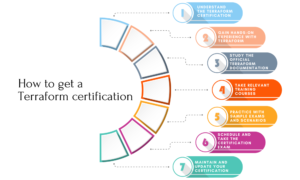
- Understand the Terraform Certification: Familiarize yourself with the program, including the available certification levels, prerequisites, exam structure, and objectives.
- Gain hands-on experience with Terraform: Acquire practical experience by working on real-world projects using Terraform. Develop a solid understanding of Terraform’s core concepts, resource management, infrastructure provisioning, and best practices.
- Study the official Terraform documentation: Dive deep into the official Terraform documentation, covering topics like configuration language, provider usage, state management, modules, and remote backends. Understand the key concepts thoroughly to prepare for the certification exam.
- Take relevant training courses: Consider enrolling in training courses specifically designed to prepare candidates for the Terraform Certification exam. These courses often cover essential topics, provide hands-on exercises, and offer valuable insights from experienced instructors.
- Practice with sample exams and scenarios: Familiarize yourself with the exam format and practice answering sample questions or scenarios. This helps you gauge your readiness and identify areas where you may need further study or practical experience.
- Schedule and take the certification exam: Once you feel confident in your Terraform knowledge and skills, schedule your certification exam through the official certification platform. Prepare well in advance, review the exam objectives, and manage your time effectively during the exam.
- Maintain and update your certification: After successfully passing the exam, keep your Terraform Certification current by fulfilling any necessary recertification requirements. Stay updated with the latest Terraform releases, features, and best practices through continuous learning and engagement with the Terraform community.
Remember, obtaining certification validates your expertise and enhances your credibility as a Terraform practitioner. It demonstrates your ability to effectively leverage Terraform for infrastructure provisioning and management, opening up new career opportunities in the field of cloud infrastructure automation.
Boost your earning potential with Devops expertise. Explore our certified Devops courses for a high-paying career
- Explore kubernetes certifications
Terraform Associate Salary
Obtaining the Terraform Associate Certification can significantly impact your salary trajectory. With this certification in your arsenal, you position yourself as a competent infrastructure automation specialist capable of effectively utilizing Terraform to provision and manage resources across various cloud providers.
According to industry reports and job market trends, professionals with Terraform expertise can command competitive salaries. The average Terraform Associate salary falls within the range of $90,000 to $130,000 per year, depending on factors such as experience, location, and the employing organization.
Factors Influencing Terraform Associate Salary
- Experience and Expertise: Employers place a premium on professionals with hands-on experience in designing and implementing infrastructure-as-code solutions using Terraform. Advanced knowledge of Terraform’s features, modules, and provider integrations can positively impact your earning potential.
- Industry and Organization: Salaries can vary based on the industry and the organization’s size and structure. Tech companies, startups, and cloud service providers often offer competitive compensation packages to attract and retain top talent.
- Geographical Location: Salaries can significantly differ depending on the geographic location. Tech hubs like Silicon Valley, New York City, and Seattle tend to have higher salary ranges, while other regions may offer comparatively lower but still attractive compensation.
- Additional Skills and Certifications: Complementing your Terraform expertise with related skills like cloud platforms (AWS, Azure, or GCP), DevOps methodologies, or containerization technologies (Docker, Kubernetes) can further enhance your marketability and earning potential.
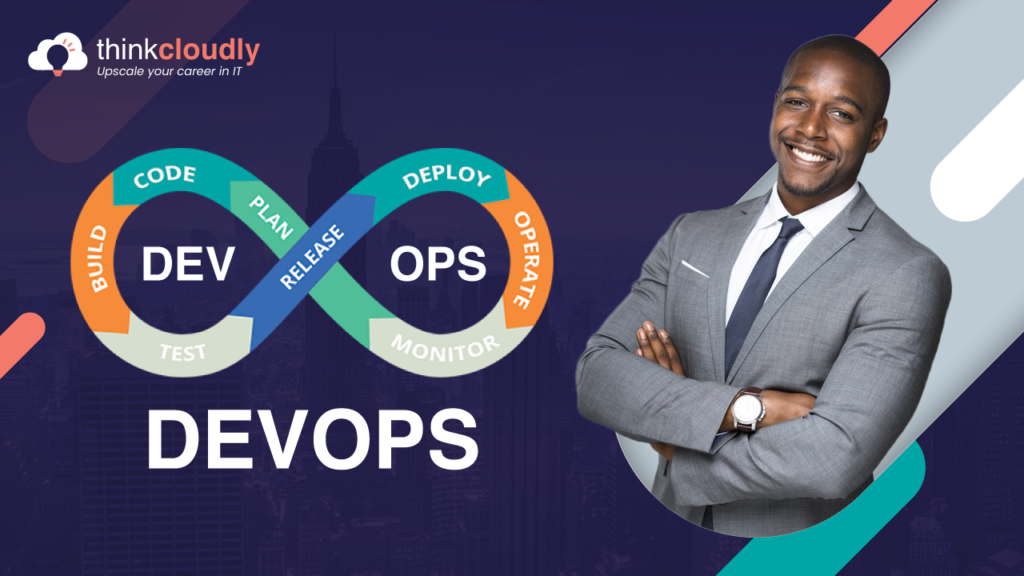
Build Your Career as a
DevOps Engineer
- Live Projects
- Resume / Interview Preparation
Best course for Terraform certification
When it comes to preparing for the Terraform Associate Certification, choosing the best course is crucial. Look no further than Thinkcloudly’s HashiCorp Terraform Certification course, the ultimate resource to help you ace the exam and elevate your expertise in cloud infrastructure automation.
- Comprehensive Curriculum: Thinkcloudly’s course is designed with a comprehensive curriculum that covers all the essential topics needed to excel in the Terraform Associate Certification exam. From understanding Terraform’s core concepts and syntax to mastering resource management, modules, and provider integrations, every aspect is meticulously covered. You’ll gain practical experience through hands-on labs and real-world examples, ensuring a solid understanding of Terraform’s capabilities.
- Expert Instructors: With Thinkcloudly’s course, you’ll learn from experienced instructors who have a deep understanding of Terraform and real-world industry experience. They will guide you through the course, providing valuable insights, tips, and best practices to enhance your learning journey. Their expertise and guidance will not only help you pass the exam but also equip you with the skills needed to succeed in real-world scenarios.
- Exam-focused Approach: Thinkcloudly’s course takes an exam-focused approach, ensuring you are well-prepared to tackle the Terraform Associate Certification exam with confidence. The curriculum aligns with the exam objectives, and you’ll receive targeted guidance on key topics and question types commonly encountered in the certification exam. You’ll also have access to practice exams and quizzes that simulate the exam environment, allowing you to assess your readiness and identify areas that require further study.
Don’t miss out on the opportunity to enhance your career and expertise in cloud infrastructure automation. Enroll in Thinkcloudly’s HashiCorp Terraform Certification course today and embark on a transformative learning journey that will set you up for success in obtaining your Terraform Associate Certification.
Conclusion
In conclusion, the HashiCorp Certification is a valuable credential that can open doors to exciting opportunities in the world of cloud infrastructure automation. With the increasing demand for skilled professionals in this field, obtaining the Certification can give you a competitive edge in your career.
To embark on your Terraform certification journey with confidence, consider enrolling in our comprehensive course. Designed to equip you with the knowledge and skills needed to excel in the exam, our course offers a structured curriculum, expert instructors, and exam-focused guidance.
As you begin your journey toward becoming a Terraform Certified Associate, we wish you the best of luck. Embrace the learning experience, practice hands-on, and leverage the resources available to you. With dedication and the right guidance, you’ll be well on your way to a successful career in cloud infrastructure automation.
Remember, the power to shape your career is in your hands. Start your journey today and unlock a world of opportunities in the dynamic field of cloud infrastructure automation. Good luck. See you in the upcoming guide. Happily Thinkcloudly!
Like to deep dive into the cloud. Refer to our other blogs:
• Top 15 AWS Security interview questions and answers you need to know
• Most common AWS S3 interview questions and answers – 2024
• Top 50 Azure interview questions and answers – 2024
• 12 tips to pass the AWS cloud practitioner exam
• Top 10 tips for a great IT job interview
• Browse our YouTube Videos On Cloud Computing






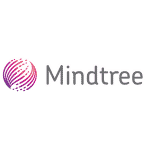

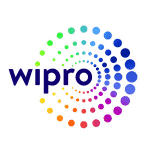

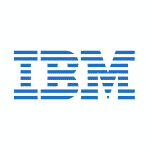

No comment yet, add your voice below!